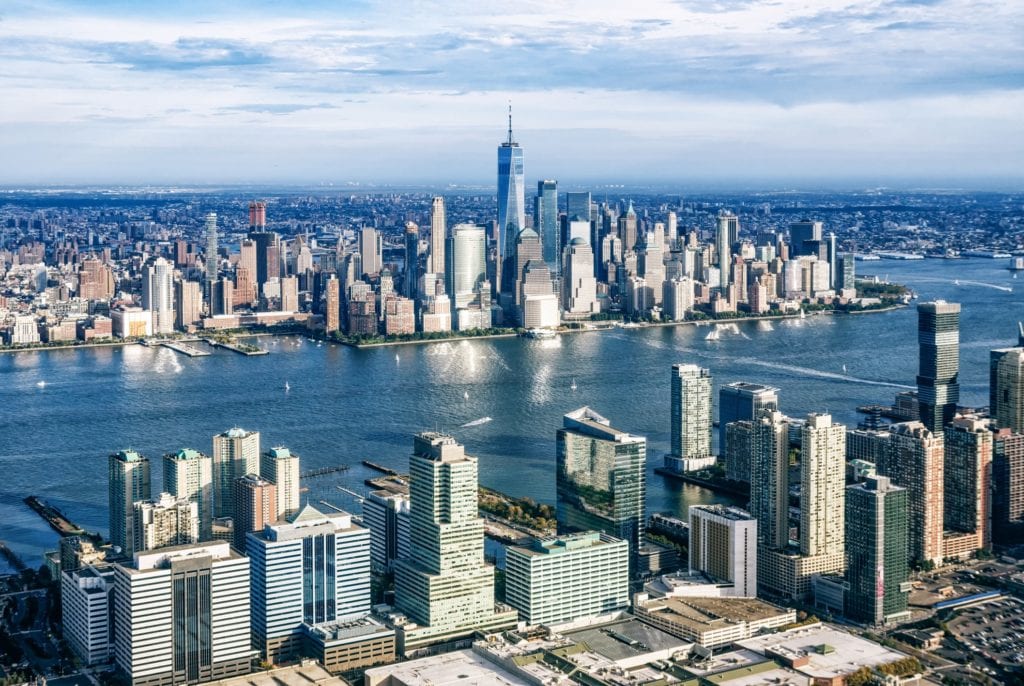 New Jersey, also known as the garden state, is a mid-Atlantic state bordered by New York, Delaware, and Pennsylvania. New Jersey is the fourth-smallest state by area but the 11th-most populous, with 9 million residents as of 2017. New Jersey, just like many other states, is in a fight against the opioid epidemic and statistics reveal that more than 3,000 individuals died from an overdose in 2018. According to the attorney general, while prescription opioid use is down, in the first few weeks of 2019, the state of New Jersey already had over 100 suspected deaths from overdose. The opioid crisis in New Jersey is taking lives, destroying families, and leaving many children orphaned and as a result. New initiatives are being put into place to combat the opioid crisis in New Jersey. According to statistics, the rate of heroin overdose in New Jersey is three times the national average, and there have been 14,000 deaths from drug overdose since 20014. Additionally, there has been a 700% rise in admission rates for drug treatment programs in the past decade.
New Jersey, also known as the garden state, is a mid-Atlantic state bordered by New York, Delaware, and Pennsylvania. New Jersey is the fourth-smallest state by area but the 11th-most populous, with 9 million residents as of 2017. New Jersey, just like many other states, is in a fight against the opioid epidemic and statistics reveal that more than 3,000 individuals died from an overdose in 2018. According to the attorney general, while prescription opioid use is down, in the first few weeks of 2019, the state of New Jersey already had over 100 suspected deaths from overdose. The opioid crisis in New Jersey is taking lives, destroying families, and leaving many children orphaned and as a result. New initiatives are being put into place to combat the opioid crisis in New Jersey. According to statistics, the rate of heroin overdose in New Jersey is three times the national average, and there have been 14,000 deaths from drug overdose since 20014. Additionally, there has been a 700% rise in admission rates for drug treatment programs in the past decade.
Fentanyl spike in New Jersey
Fentanyl is a powerful synthetic opioid that is similar to morphine but is 50 to 100 times more potent. It is a prescription pain reliever but is also made and distributed illegally. Fentanyl is one of the lead contributors to the opioid crisis in New Jersey. In 2013, fentanyl and other synthetic analogs of it were involved in just 3.5% of New Jersey drug deaths. In 2017, it played a role in the death of nearly 1,400 people, or about 50% of the state’s death toll. Since 2014, fentanyl has become ubiquitous in New Jersey’s illegal drug market, often without user’s knowledge.
Heroin crisis in New Jersey
In 2015, NJ Advance Media published Herointown, an investigative project that estimated at least 128,000 people in New Jersey were addicted to heroin. The project noted that in the decade leading up to the project’s publication, at least 10,100 people died of drug overdoses in New Jersey. Since then, at least 9,700 have died in less than half the time.
New Jersey’s initiative to fight the opioid crisis
New Jersey’s Governor Murphy developed an aggressive plan to combat the opioid crisis in his state of New Jersey and advanced $100 million from his 2019 fiscal year budget to tackle New Jersey’s opioid crisis. The following are the key initiatives put forth by Governor Murphy:
- Increasing access to evidence-based prevention and treatment programs in our communities.
- Supporting individuals on their path to and maintenance of recovery.
- Building sound data systems and strengthen system-wide infrastructure for the addictions community.
- Delivering robust law enforcement to stem the supply of illicit drugs while also supporting diversion programs.
“Governor Murphy has made clear that we need all-hands-on-deck to fight the opioid epidemic,” said Human Services Commissioner Carole Johnson. “The Department of Human Services is taking action by removing barriers to opioid addiction treatment, including lifting Medicaid prior authorization requirements for medication to treat opioid addiction, to help speed access to care and make treatment more readily available. In addition to removing these barriers, Human Services is investing in training more primary care clinicians to provide medication-assisted treatment for opioid addiction, creating new Medicaid reimbursement incentives for primary care providers to provide treatment for opioid addiction, and standing up new Medicaid Centers of Excellence to support community-based clinicians in providing opioid addiction treatment.”
Naloxone and preventing overdoses in New Jersey
After having nearly 3,000 deaths from opioid overdose in 2018, New Jersey developed a new pilot program with 174 participating pharmacies across the state to hand out naloxone free of charge without a prescription. The naloxone spray can be used as a life-saving tool to reverse opioid intoxication/overdose, and according to statistics, New Jersey first responders administered naloxone more than 16,000 times in 2018.
